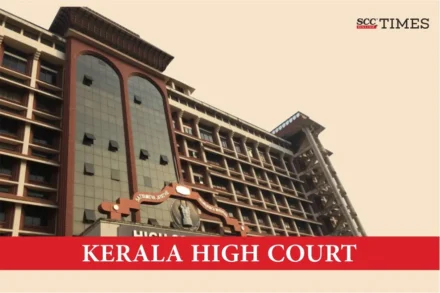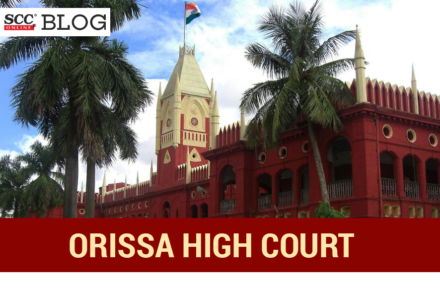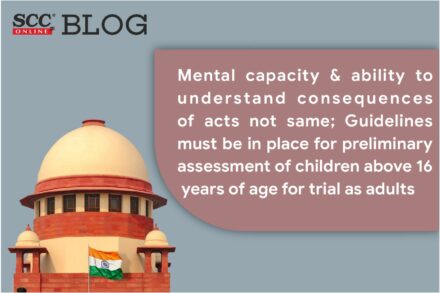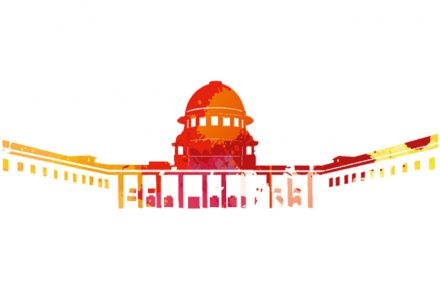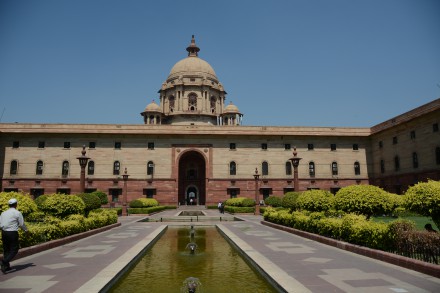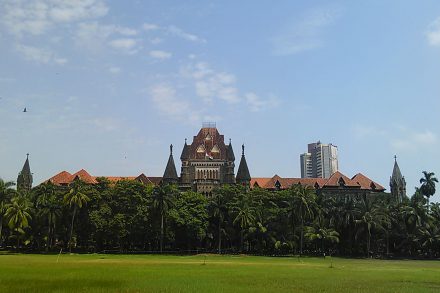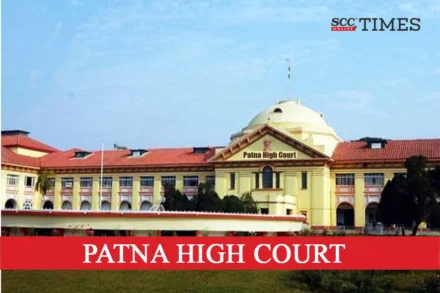
‘Punishment of juvenile in conflict with law is not the purpose of juvenile justice’; Patna HC sets aside order of conviction against juvenile under Arms Act
“The J.J. Act, 2000 is based on our belief that children are the future of the society and in case they go into conflict with law under some circumstances, they should be reformed and rehabilitated and not punished. No society can afford to punish its children”.


